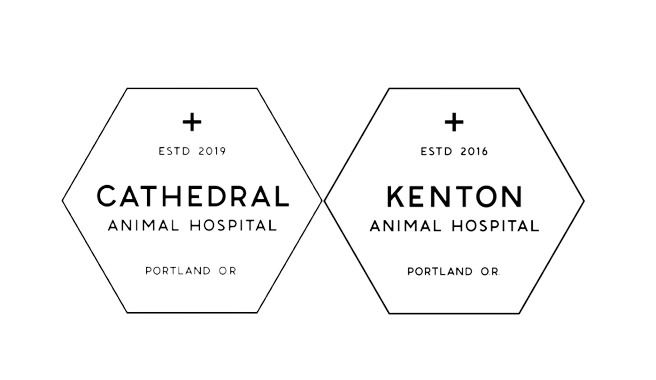Herbal Therapy and Nutrition Counseling
Herbal medicine is the use of botanical compounds, either as single components or as part of a multiple component botanical medical remedy. Traditional Chinese medicine regards each of the hundreds of herbs used as having unique energetic properties. These properties are considered when creating an herbal formula. Blended in the proper balance and administered correctly, herbal formulas can be used short or long term to improve and sustain health. Herbs work on many levels within an animal’s system, allowing the animal’s innate healing powers to come into play. Many herbs have almost drug-like effects and can improve digestion, reduce inflammation, enhance healing, stop bleeding, fight infection, clear up urinary tract infections, clear sinuses, and so on. For the most part, herbs are safe to use. Chinese herbal medicine is often used in conjunction with acupuncture.
Western Herbal Medicine is based on a European tradition of using plants and herbs to aid in the healing process. These herbs are usually prescribed in a liquid (tincture) or capsule form.
Nutraceuticals are compounds that have been isolated and concentrated pharmaceutically from food materials. Vitamins, minerals, amino acids, glucosamine sulfate, and chondroitin sulfate are examples. These compounds are extremely safe when used properly and can be of far greater benefit to the body than when taken in their whole food form, mainly due to the increased concentration.
In traditional Chinese medicine, herbs and food follow the same principles and are often from the same sources. Specific foods are prescribed based on an individual’s current disharmony or disease process. On a daily basis this promotes better health for an individual and aids in the treatment and prevention of disease. In many cases, complete resolution of clinical signs cannot be achieved without changes in the diet. Selection of foods is based on the energetics of the food, the species/breed being treated, food preferences & aversions, the current disharmony and geographical location.
Although most foods, herbs, and nutraceuticals are safe for pets there can be adverse reactions with other medication and some toxicities, so always consult your veterinarian before giving medications to your pet.

